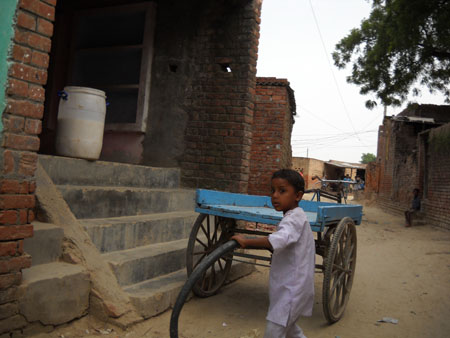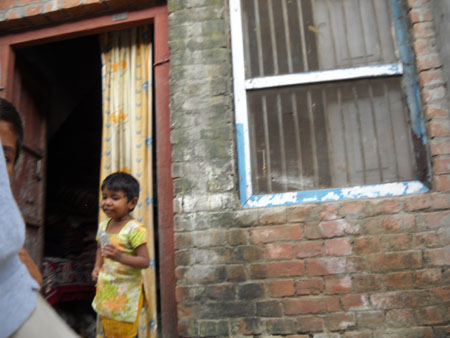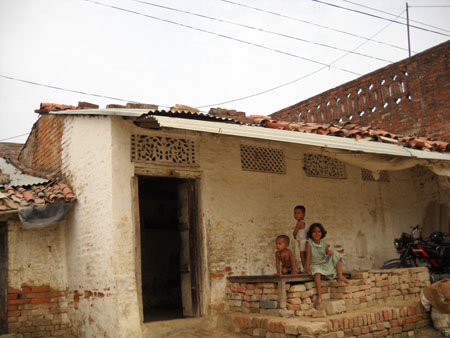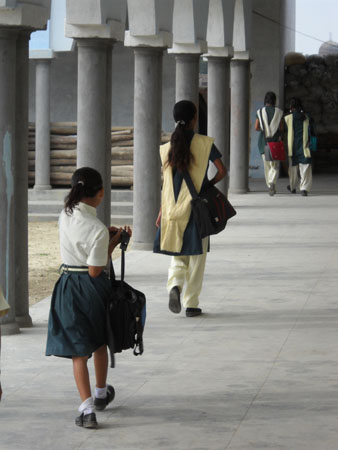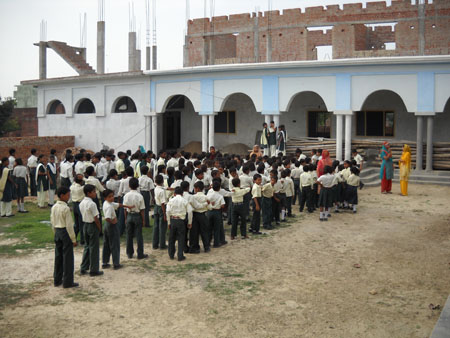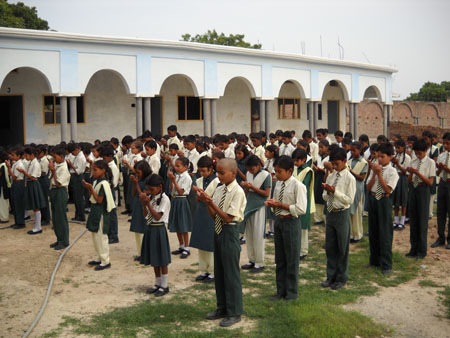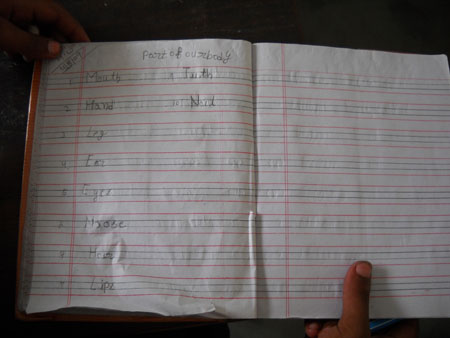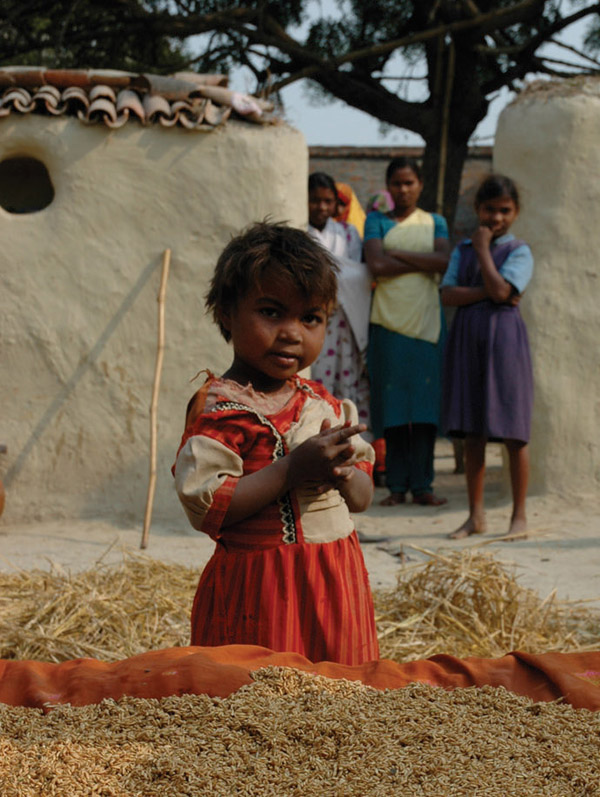A university educated woman has a positive influence on the lifespan of her and her partner according to a Swedish research study of 1.5 million Swedes. Authors of the research say educated women are more likely to understand various health messages for their families.
The study concluded that a woman’s education and social status were more important for a man’s lifespan than his own education. Since most health related illnesses and deaths in developed countries result from heart disease (as a result of food choices/lifestyle choices) and cancer (due to smoking/etc..), and since women are traditionally more responsible for food and the household, an educated woman would make healthier choices for the benefit of her family, resulting in longer lifespans for their significant others.
Quick Facts from Study:
A man is 25% more likely to die early if his partner is not university educated.
Women without a university degree are 53% more likely to die early.
Study done on 1.5M working Swedes
HYPERLINK “http://news.bbc.co.uk/2/hi/health/8291667.stm”
Although this study was conducted in a country with one of the highest standard of living indices, it is still relevant to the rest of the world. The study needs to be set relative to different populations, but the idea is constant: An educated woman will make decisions that positively affect her family, resulting in a longer lifespan for herself and her husband. Barakat’s courses provide health counseling as well as literacy training, ensuring that women can make healthy, informed choices about their bodies and what is best for their family’s health.
The argument against educating females, which is most prevalent in countries such as Afghanistan, claims “It is a waste of time. What will an educated woman do for me?” Evidence from this study suggests that educating women not only benefits the family, but it also benefits her husband as well. Specific health risks may differ in developing countries but healthier, smarter lifestyle choices will benefit the family tremendously.
In places like Afghanistan, where war has diminished the economy and infrastructure, health services and hospitals are not available for the majority of the population. This makes healthy lifestyles infinitely more important because it diminishes the likelihood of disease and the need for medical care. Taboos against discussing women’s issues and health concerns also make healthcare a difficult service to access. Barakat’s schools provide regular checkups for women and children. In addition, by emphasizing the importance of health in our schools, Barakat makes it more likely that women in the courses will make health a priority. With a higher economic standing as a result of being educated in our literacy programs, women will have increased access to information about best practices, nutrition, and preventing disease. Once they make health a priority for themselves, it is likely that they will make health a priority for their husband and their family.




